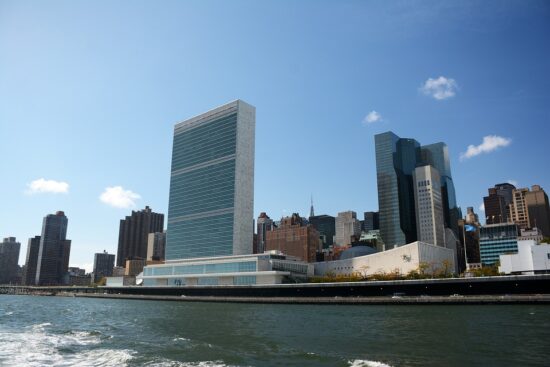ANTIMICROBIAL RESISTANCE AND THE UNITED NATIONS SUSTAINABLE DEVELOPMENT COOPERATION FRAMEWORK
Rising levels of AMR are making infections in humans, animals and plants harder to treat. Thus, they are threatening recent gains in key areas of global health, food safety and security, economic growth, poverty alleviation and the environment.
Addressing AMR is integral to achieving the Sustainable Development Goals (SDGs). Progress in many of the goals (e.g. improved access to clean water and sanitation, sustainable consumption and production such as more sustainable food production, and appropriate use of antimicrobials in humans and animals) will help to address AMR. However, at the same time, rising levels of AMR will make it more difficult to achieve the goals for health, poverty reduction, food security and economic growth.
AMR NEWS
Your Biweekly Source for Global AMR Insights!
Stay informed with the essential newsletter that brings together all the latest One Health news on antimicrobial resistance. Delivered straight to your inbox every two weeks, AMR NEWS provides a curated selection of international insights, key publications, and the latest updates in the fight against AMR.
Don’t miss out on staying ahead in the global AMR movement—subscribe now!







